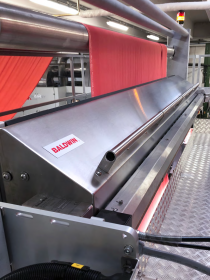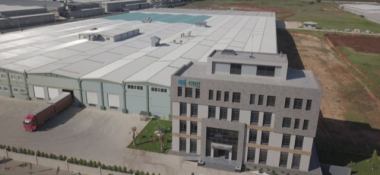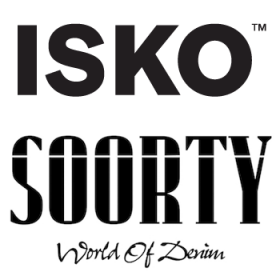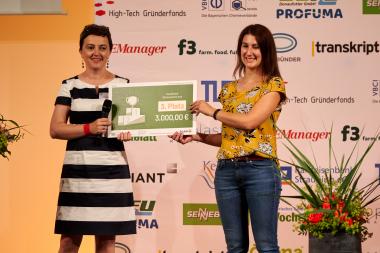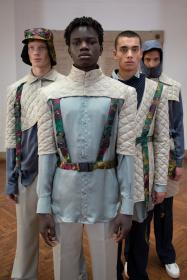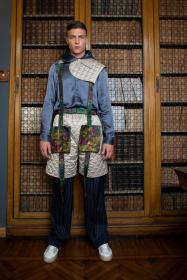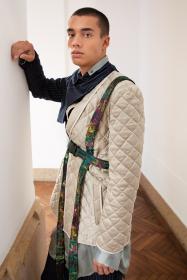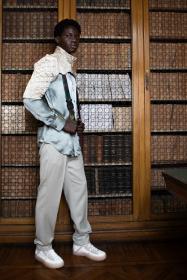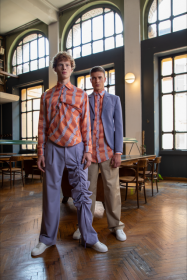Basaltex & EconCore: New composite of basalt fibres for rail carriage interiors
- Testing and development achieve rigidity and safety milestone
Basaltex, pioneers in innovative uses of basalt fibres, has achieved a significant milestone in developing and testing a new composite material solution comprising fibres of basalt combined with EconCore’s patented honeycomb technology.
This new material development has greatly improved fire resistance and is highly rigid, as well as the usual honeycomb properties of light-weighting.
The company has tested the composite of basalt fibres, a bio resin and rPET honeycomb.
Filaments of only stone fibres are extruded at a temperature of 1450°C, similar to glass but with a number of advantages, not least the absence of boric acid in the process.
Combining this ecological fibre with EconCore’s sustainable technology using rPET, and the bioresin polyfurfuryl alcohol - 100% derived from a waste stream of sugar cane - make this a very sustainable and environmentally friendly product, unlike the majority of thermoset solutions in this type of application.
Railway applications require materials with enhanced fire resistance and the testing has shown that the EconCore-Basaltex solution fits these needs well, at the same time offering the perspective of drastic weight reduction against traditional monolithic GRPs used rather widely in train interiors.
Such sandwich panel could be deployed in applications such as cladding panels, partitions, tables and flooring. The thermoset skin layers give a fast cure at elevated temperature, meaning short cycle time and enabling automated production’.
As well as the railway interior application, this new material combination could be used in any application that requires fire performance combined with a low weight.
EconCore










